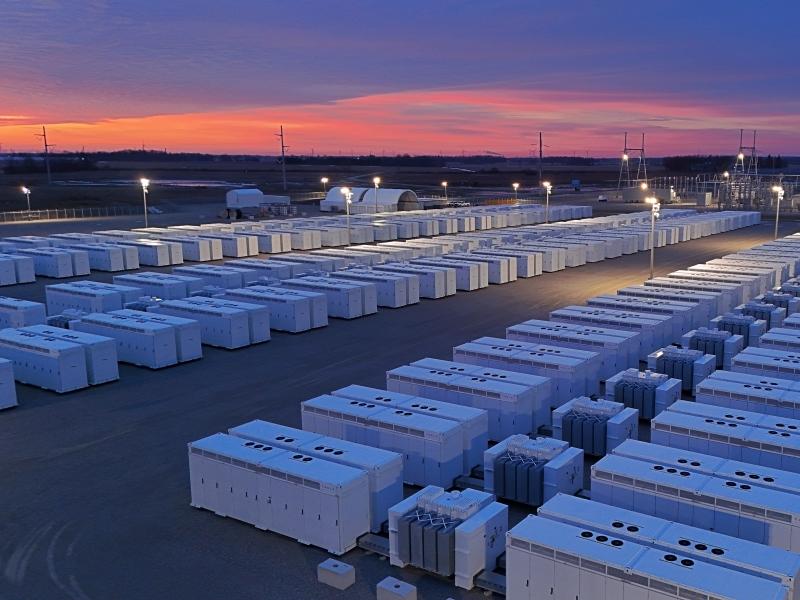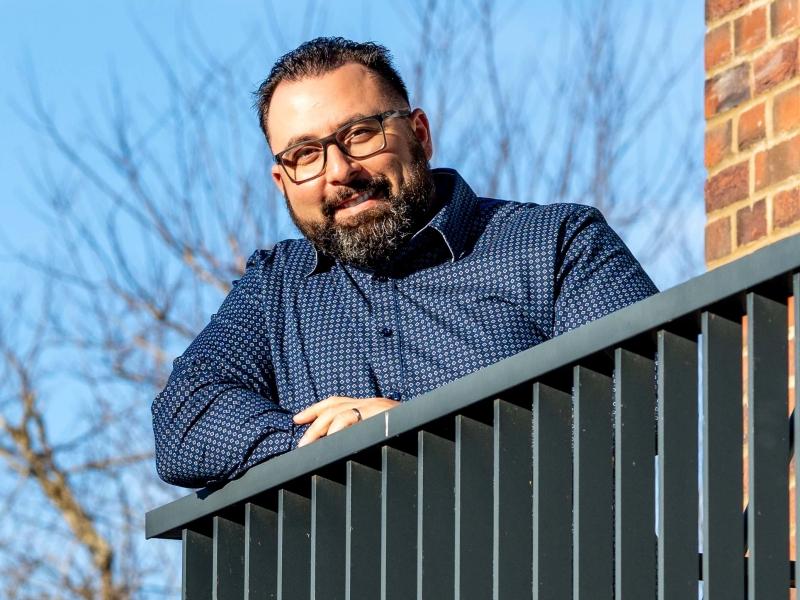
Toronto-based Raiven Capital has launched a $100-million (all figures US) fund to invest in startups using advanced technologies like artificial intelligence (AI) in sustainability and climate initiatives.
Named Raiven Climatech, the fund is designed to support early-stage companies involved in reducing greenhouse gas emissions and promoting sustainability in sectors such as energy, agriculture and manufacturing.
Raiven will search globally for promising companies, planning to invest $500,000 to $2 million into pre-Series A raises and between $2 million and $5 million for Series A raises with co-investors over a 10-year term. The first investments could be deployed as early as the end of this year.
Founded in 2018, with offices also in California and Dubai, Raiven's initial investments were in startups applying AI and a network of connected devices called Internet of Things (IoT) in sectors such as finance, cybersecurity and supply chains.
Its first fund launched in 2021 and closed at $40 million. Its second, launched this year, is over three times bigger at $125 million.
For its third fund, Raiven is looking to apply its experience in building digital platforms to make climate and sustainability projects more efficient, Paul Dugsin, general partner and co-founder of the venture capital firm, told Sustainable Biz Canada.
He aims to demonstrate that “positive environmental change can go hand-in-hand with profitability”, countering the assumptions that it is one or the other.
“The business drivers for investment in climate change technology are only increasing,” Dugsin said.
Taking proactive action on sustainability
In the energy sector, a Texas company that caught the attention of Raiven is using AI to digitize the diagrams of an oil production site. It will then analyze the age of the valves and switches, and alert the producer which parts need to be replace ahead of time.
“That allows you to, 1) shut down very small sections of a plant or reroute things and not shut down the plant at all,” Raiven co-founder and general partner Supreet Manchanda said from Silicon Valley. “And, 2) it shifts the costs. Instead of emergency costs you now can have maintenance costs” which are substantially lower than paying to deal with an emergency.
In agriculture, Manchanda gave the example of a startup from Georgia which is using drones and IoT equipment to survey crop fields, determining which areas are infested with pests. Rather than destroying swathes of crops to contain the damage once it is too late, the problem can be isolated early and pesticides can be applied precisely using drones.
Another solution Raiven has looked at is using IoT devices to remotely shut down sections of a pipeline in case of an oil spill or to raise the alarm about leaks.
“We’re going to go fill a space where the technology leads the solution,” Manchanda said.
Drivers of climate investing 'intensifying'
Raiven has exited three companies to date from its first fund. A success story is a Dubai-based company named Whizmo that developed a digital mobile wallet. Dugsin said it exited in 2023 for a 4,000-times return.
The firm is not dipping into uncharted territory with its bets on companies with an environmental angle. It has invested in urban farming company Vertical Harvest that uses low amounts of water on a small real estate footprint while maintaining high crop yields. Another is Wayout, a Swedish company that developed a container-sized water purification system.
Raiven learned it “could solve small, regional, high-value problems that would be very profitable and allow us to really create value very, very quickly” with those investments, Manchanda said.
The investments also caught the attention of the Frog Lake First Nation in Alberta, which is an anchor investor in Raiven Climatech.
The Indigenous community was interested in learning from Raiven how to make investments, including technology with positive environmental impact, and how to look for opportunities, Dugsin said. The Frog Lake First Nation will be a source of deal flow and is interested in connecting Raiven to other sources of Indigenous capital, he added.
The opportunity is ripe for sustainable investing, Dugsin and Manchanda agreed, even as the sector has been under deep uncertainty since the election of U.S. President Donald Trump, an opponent of many green initiatives.
Manchanda has been hearing more interest since Trump returned to the White House, particularly from regions where climate change is expected to have the most impact, such as the Middle East.
“Regardless of political or cultural considerations or the current mood of a particular subset of investors,” Dugsin said, “I just look at that each year the drivers behind this actually intensify.”










